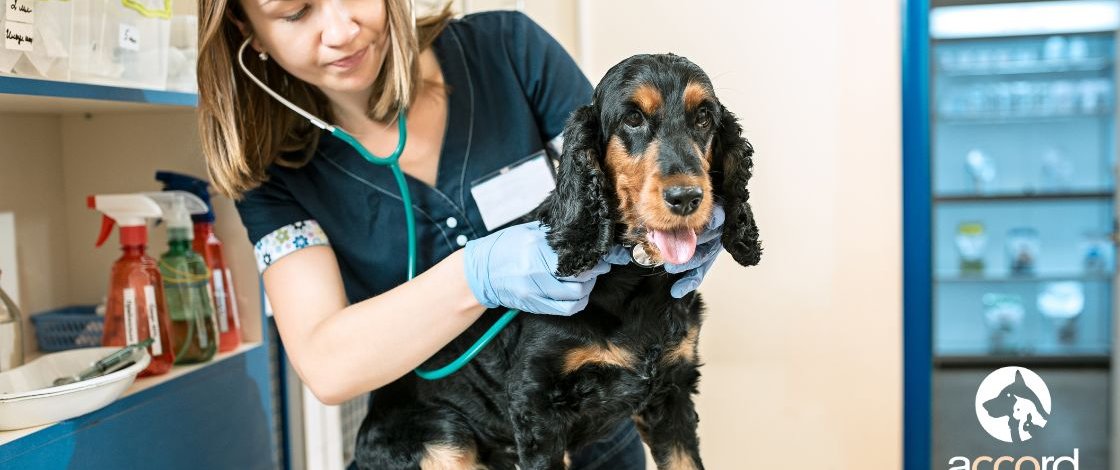Bob Ferguson, Commercial Lead for Accord Animal Health discusses the changes he has seen in the Veterinary medicine industry.
Over the last 10 to 12 years we have seen significant change in the Veterinary industry.
Firstly, we have seen the growth of corporate groups. These started life as buying groups who were offering a range of services to independent vets. They would support those independent vet practices by offering technical support, HR, IT, but most importantly buying power in purchasing products from manufacturers. In the last six to eight years, those buying groups have now morphed into what's known as corporate veterinary groups and they're buying up practices at a late stage within the independent vet practice’s life.
Those corporate groups number six or eight in the UK and they're also buying practices in mainland Europe now and also in Australia, so they have tremendous buying power with manufacturers and in demanding very sharp prices or private label products.
Another major change that's happened is the focus of the practices has shifted. Ten or 12 years ago, many vet practices were mixed-species practices. They would offer services to both livestock, equine and companion animals and their owners. Most new vet practices now tend to be focused on companion animals. This means across the industry the number of livestock or equine practices is reducing and becoming very specialised.
Companion animals will be the focus for many of the manufacturers, including Accord, because the number of practices is only going to increase, to cater for the increased number of pets, whether that's in terms of independent practices, or members of buying groups or corporate groups.

The effects of the pandemic over the last few years have been multifaceted. On the one hand, we've seen incredible growth in the number of pets being owned not only in the UK and Europe but also in the US and Japan. Therefore, the number of treatable animals has increased dramatically which has placed a major burden on vet practices as to how to manage that demand from the market. A lot of vet practices are using telemedicine as an alternative way to reach more customers.
They're now also outsourcing out-of-hours services and we've seen the growth in retail-orientated groups such as Pets at Home where they're offering routine treatments and annual vaccinations to then allow the vet practices to focus on acute or chronic conditions and treatments.
There are a number of challenges within the sector. Most evident at the moment is that vets are now requiring more clinical evidence to prescribe drugs. There's been a big focus over the last few years to reduce the use of antibiotics. That's only going to broaden out to other categories of medicines over time. The more we can help vets and vet practices supply that evidence to both their colleagues but also to the pet parents will give us more of an opportunity to have our product brands prescribed within the practice or within the vet group.
As the reduction in the use of drugs is only going to continue, so as a company we want to look at offering not only veterinary prescription medicines but also nutraceuticals and supplements only sold through the vet channel. This way we can give vets the tools they need to do the job.
At Accord Animal Health we've realised that the industry is very focused on generics with very few new treatments or new chemical entities being launched on a routine basis. We have the capability as a company to develop and manufacture monoclonal antibodies, in time maybe mRNA vaccines, and also new chemical entities.
We want to be seen and valued as an innovative company, so we will continue to invest heavily in R&D. Yes, we will have generics in our portfolio, particularly at the start. But over time, we want to be a pioneer company bringing new treatments and new solutions to the market, which will then allow us to be sustainable long-term.

Bob Ferguson, Commercial Lead, Accord Animal Health
Get in touch via info@accord-animalhealth.com

